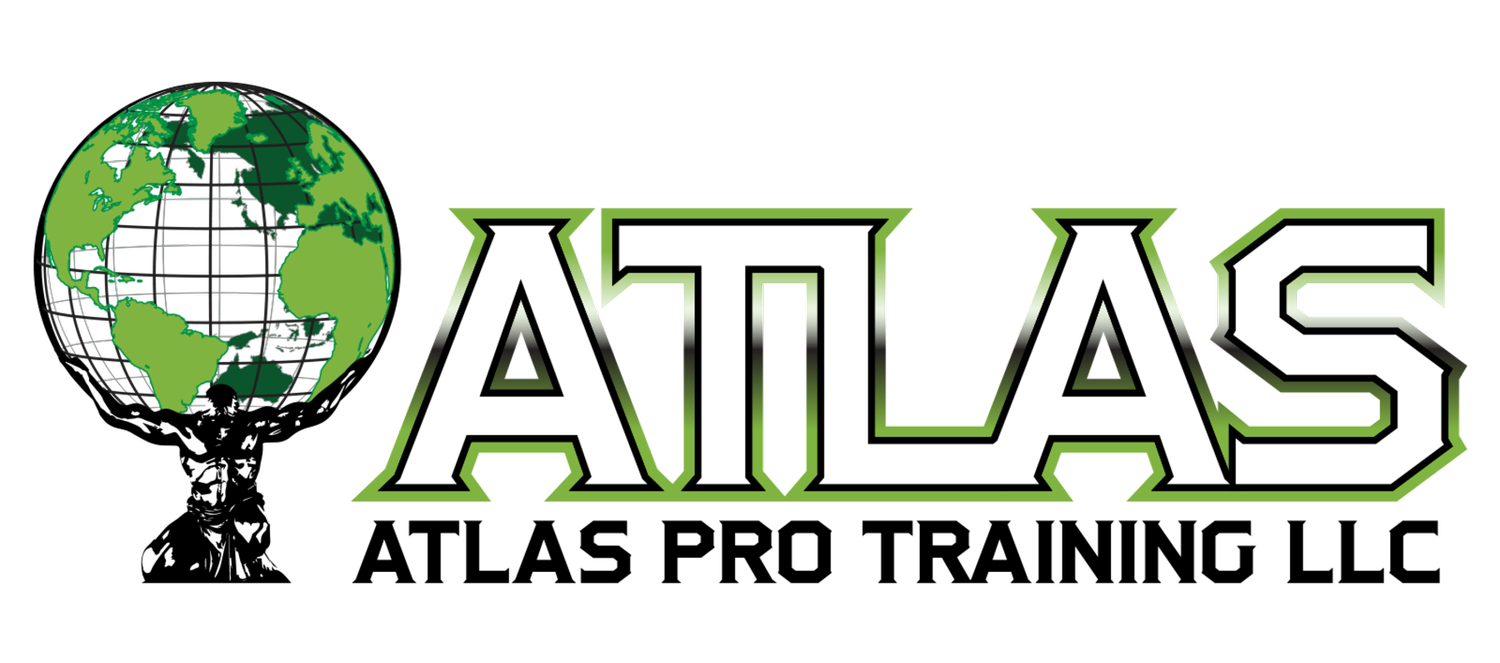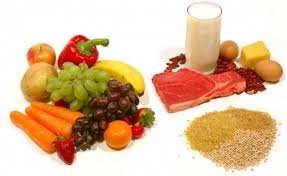The Missing Link
Over the last 20 plus years, the focus on nutrition and food choices has become more specialized and strategic to enhance the results of exercise and specialized training programs. With this oversold focus on nutrition, our diets have evolved into an over-specialized industry that sells us on the "magic" formula that comes in a pill, powder, or ready-to-drink mixture of proprietary ingredients that are not listed on the packaging. This is especially true for active athletic individuals at all levels. As a trainer/coach the focus on nutrition is essential to maximizing the benefits of the adaptations of the training program for everyone from youth, High School, College, and professional athletes to the Weekend Warriors of the community and the individual who just wants to lose weight that ever-illusive 15-25 lb and improve their body composition to be beach-ready. Unfortunately with the popularity of fad diets, over-supplementation/calorie-restrictive programs, and quick fix "Bro Science" solutions that are not based on common sense nutrition solutions. Nutrition programs have become so specialized and limited that it is near impossible for anyone to sustain these plans within their lifestyle. This leads to inconsistent and in some cases unhealthy choices that lead to negative results. Some of these specialized forms of nutrition plans are often linked with a form of exercise or physical activity, which is great but there is no true one size fits all solution that will create the perfect balance between nutrition and exercise that will lead to the best results. In reality, the most important part of creating this perfect balance between nutrition and exercise is CONSISTENCY. So with that said all nutrition and exercise plans should be based on the K.I.S.S (a.k.a Keep It Simple Stupid) principle, in order to give you the best chance not only to succeed in the short term but actually create a plan that will become a long term lifestyle change.
It comes down to the choices that we make regarding our nutrition, and with all of the choices available from the local grocery store to your favorite restaurant, it can be difficult to make the right choices that will give us the best results. When it comes to your eating habits it is paramount that you try to align your nutrition with your daily activity levels in order to get the maximum benefit from any training program. If you think that hat is not possible or you don't have the time or the resources to do this, there is hope! And it lies within the whole foods (macro-nutrients) that you like to consume on a regular basis. With some focus, a little discipline, and planning you can achieve the correct balance between your exercise program and your nutritional needs and still have room for that occasional treat. There is no perfect solution where you can achieve the correct balance to reach your health and performance goals by eating 3-4 meals per day and exercising the recommended 30-50 minutes per day 3-4 times per week, anyone would pay good money to achieve these results, right! But unfortunately, we all fall short of these recommendations, for a whole list of reasons (excuses) that I will not go into, which lead to inconsistent results.
So what can you do to create that "perfect" balance that fits your active lifestyle in regards to your nutrition and physical activity (which we hope includes an exercise program) that is based on simple principles? There are three things that we can focus on:
Have an open and creative mind when it comes to the choices you make in regard to your exercise and nutrition plan. This will help relieve the pressure to become restrictive when it comes to your nutrition and exercise goals. Keep your plan simple and base your goals on the S.M.A.R.T principle, which means make your goals:
Specific
Measurable
Attainable
Realistic
Timely
Secondly, focus on the quantity and most importantly the quality of nutrients of the food you chose to eat. This may seem like common sense but believe this is not a common practice that I have seen applied by anyone, not even professional athletes (without the help of a nutritionist/dietitian. The nutrient density of the food you eat should match your exercise and or activity level. The more active you are the more nutrient-dense foods you should consume. Which leads to a natural almost automatic control of the quantity of the food you are consuming. For example, if your goal is weight loss, the more nutrient-dense the food is (which is usually a heavy protein and fruit and vegetable diet, with minimal low-glycemic carbohydrate-based foods) the fewer calories due to the high fiber, and protein content of the food, you will be less likely to be hungry leading you to consume less allowing greater weight loss when balanced with an active lifestyle and exercise program. This is also true in regards to gaining weight. The more nutrient-dense your food choices are (which are usually include all three main macronutrients, carbs, proteins, and fats along with fruits and vegetables) the more calories you will consume creating a calorie surplus added more mass when balanced with a professionally designed strength program that includes a hypertrophy phase to build lean muscle relatively quickly and efficiently.
Third and finally use a trusted system to develop these habits such as a food journal, an APP such as Myfitnesspal or seek out a consultation with a nutrition coach to help you track your food choices and give you ideas of where you can improve your food choices, to take the guessing out of your meal planning.
There is no magic pill, drink, mix, or nutrition plan that will give you the results you deserve without consistent effort and commitment to your goals. This means your nutrition plan will have to be a lifestyle adjustment that is based on realistic goals based in reality. The only magic there is will be in the choices of the foods you eat and your active lifestyle.



